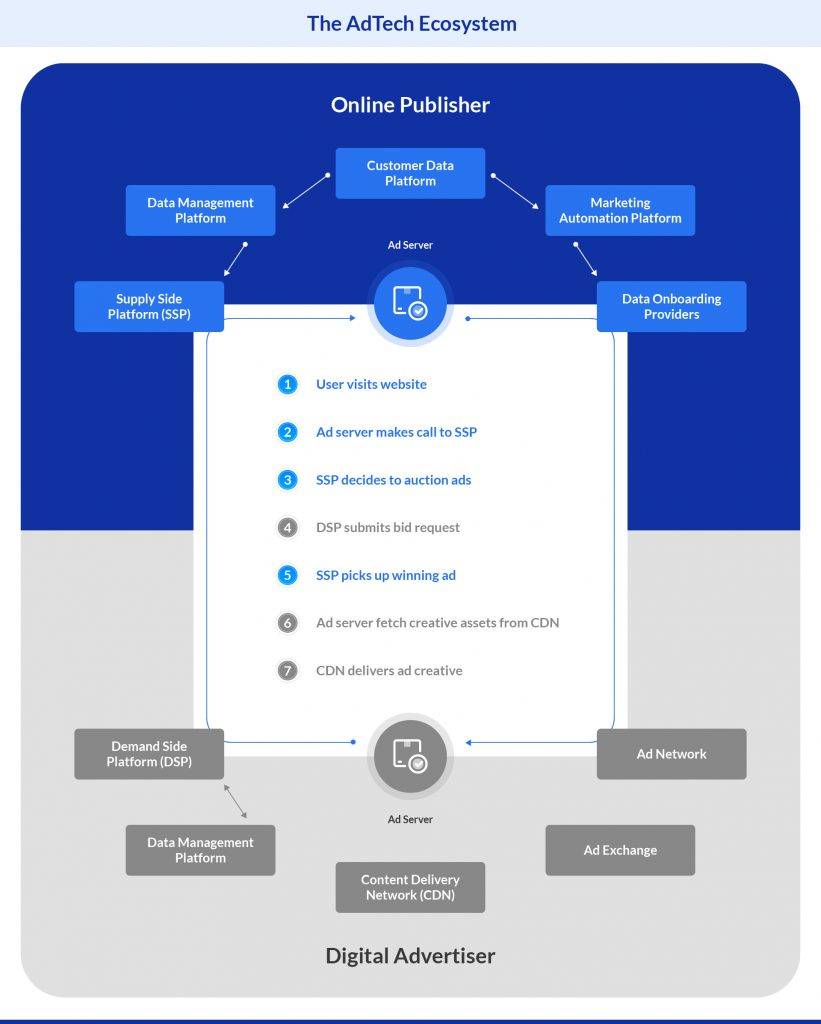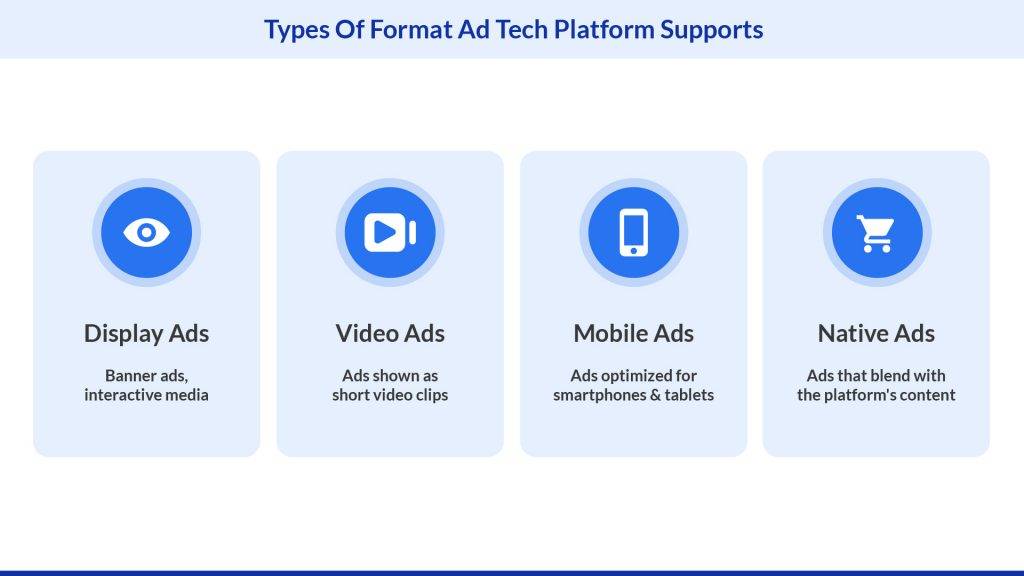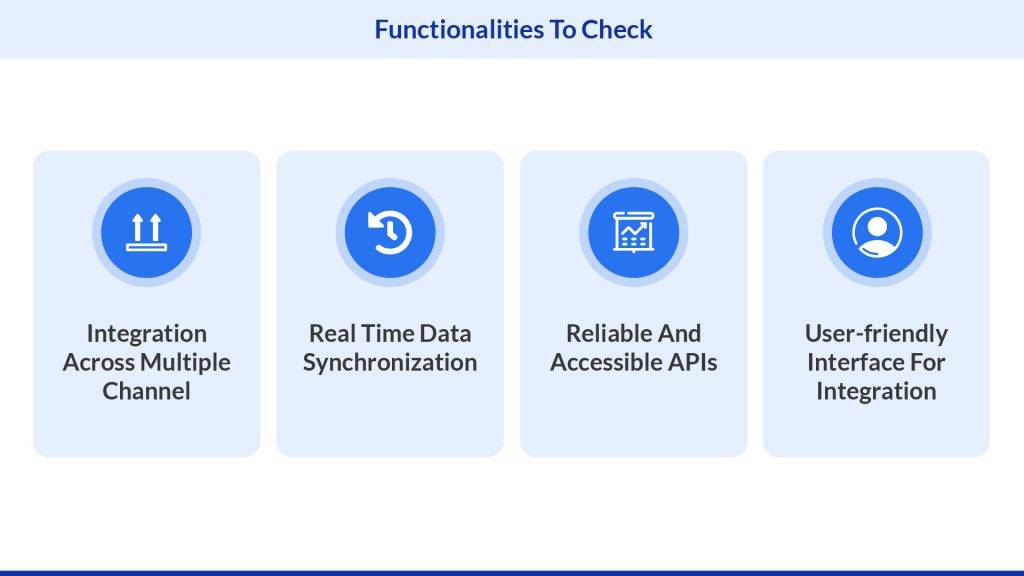More Blogs
See how retailers and brands are winning with FCC

Everything About Price Skimming Strategy Explained
Read More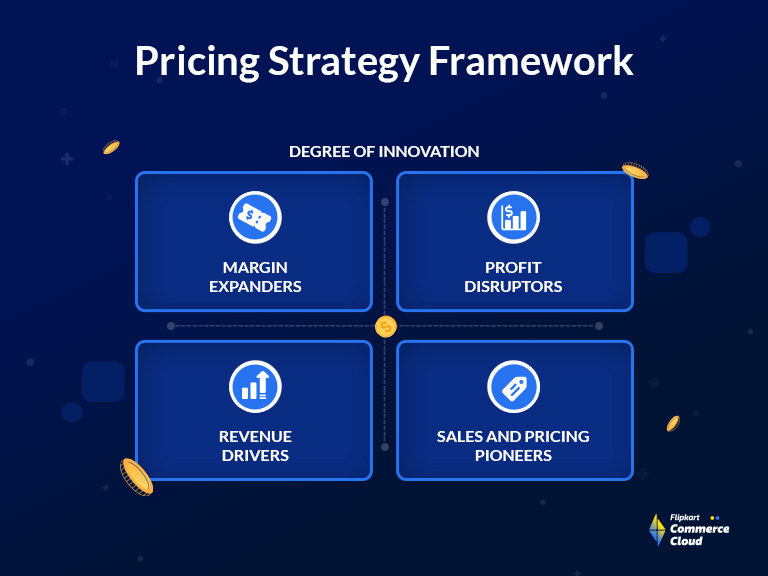
Mastering Pricing Strategy Framework
Read More
What is a High-Low Pricing Strategy?
Read More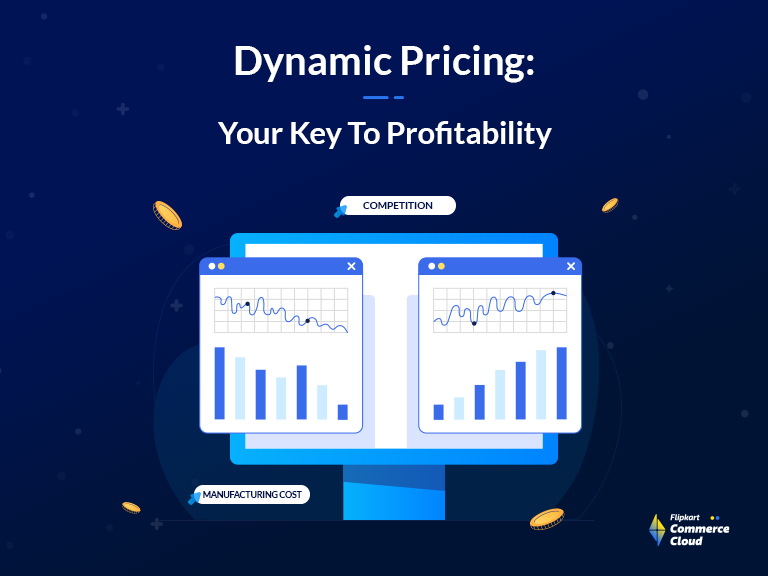
Ultimate Guide To Dynamic Pricing Strategy In 2025
Read More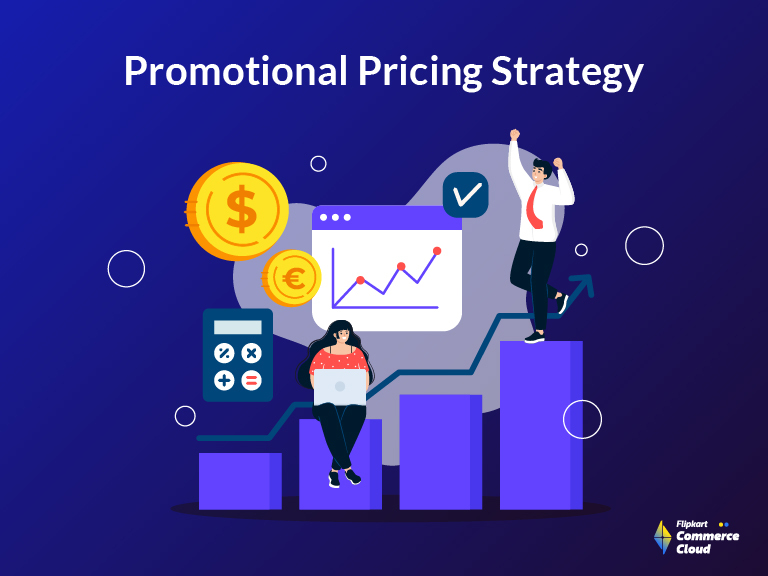
Retail Pricing Strategies: Winning with Promotion Pricing in Competitive Markets
Read More

